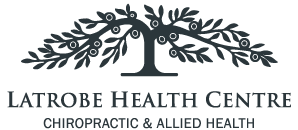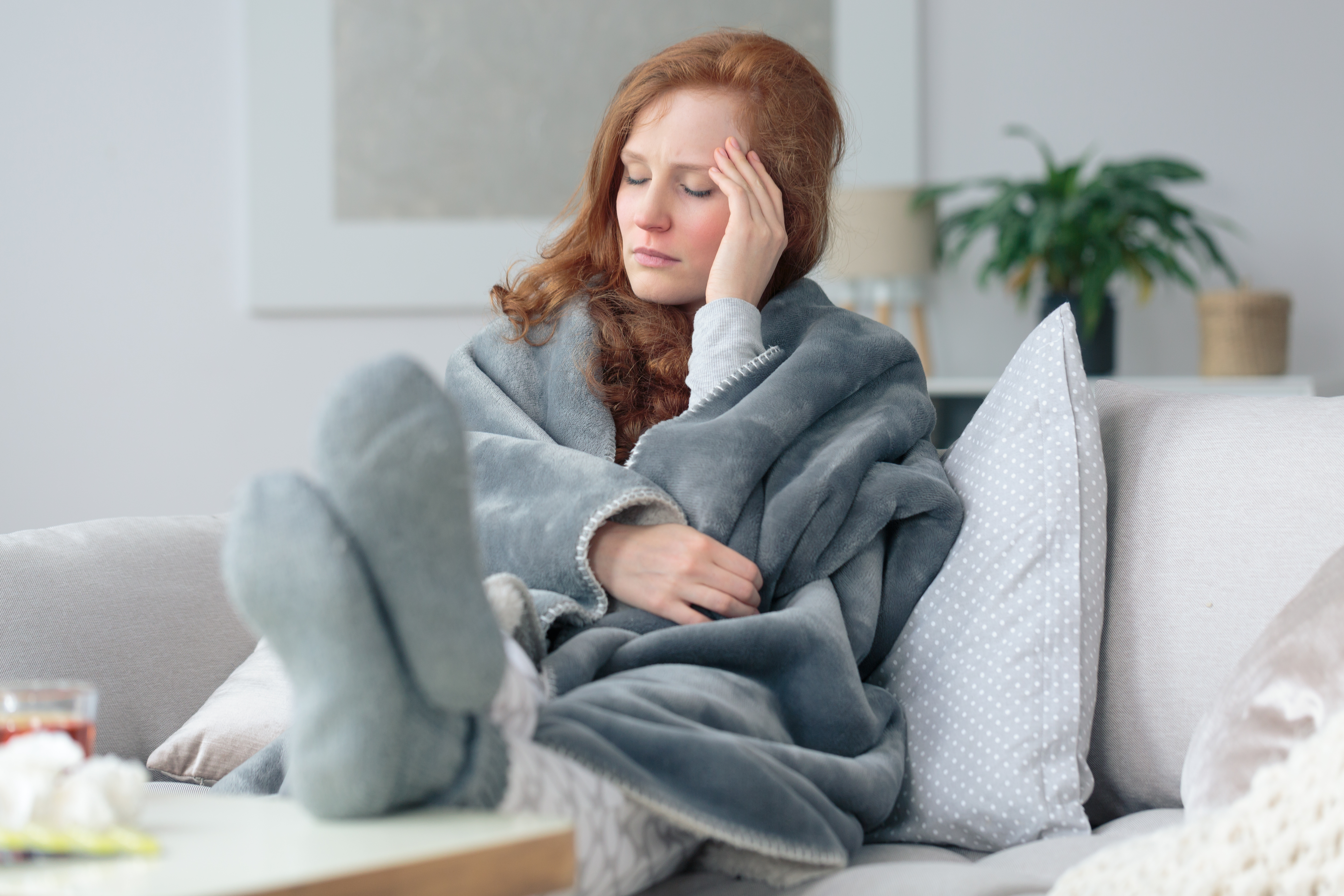Staying active, sitting less, mindfulness and getting sleep are all great ways to beat cold-weather aches and pains.
Joint pain can occur anytime throughout the year, but can feel worse and harder to cope with during the cold and wet winter months. A change in the weather will not cause arthritis pain, but it can make the symptoms more noticeable. When we are cold our body restricts how much blood it sends around extremities, like our hands and feet, so that it can focus on supplying vital organs, like the heart and lungs. This makes the soft tissues around the joints less flexible, so joints can feel tight, stiff and uncomfortable.
Stay active
Pain is a protective mechanism to stop you from causing further damage, but pain doesn’t always mean you should stay inside and quit exercising altogether.
- Remaining active is vital. Keeping moving will help keep your joints mobile and your muscles strong, which can reduce pain and help improve your function.
And do you ever really come back for a walk or workout and think ‘I wish I didn’t do that.’?
- Don’t let cold weather put you off from normal physical activities and errands – wrap up warm with a beanie, gloves, scarf etc. Layer up and brave the cold – it’s not that bad once you get out there!
- If you’re new to exercise, don’t overdo it. Slowly build the amount you do. If you can’t manage 30 minutes, break it up into 10-minute chunks. Make sure you warm up with some fast walking or gentle jogging.
Don’t skip out on sleep
At the end of the day, regardless of what exercise you’ve done, sleep is the other key ingredient to beating winter’s woes.
If we exercise less, our mood tends to be lower and we tend not to sleep as well. Which can actually make you more vulnerable to pain.
Good sleep habits—going to bed and waking up at a similar time every day, sleeping in a dark room and avoiding caffeine before bed—are important.
Heat therapy
Having a warm bath can help relieve the stiffness and pain of arthritis and other joint-related conditions. Try adding Epsom salts to the water, it can be great for reducing inflammation.
A warmed up wheat pack can also help to ease long term joint and muscle stiffness or pain.
Meditation
This, along with other relaxation techniques, can help reduce stress hormone levels in your body and lower the amount of pain you perceive.
Some mindfulness techniques can also teach your brain to focus on other things rather than the pain, so your brain can actually perceive the pain differently.
Massage
A remedial massage or myotherapy session can help to ease inflammation, improve circulation and lymphatic drainage, and relax your muscles. This can help to ease tension in your joints too.
If you would like an assessment so that we can come up with an individual management plan for you, then you can book an appointment with one of our practitioners (online bookings via our website).
Contact the clinic on (03) 5222 6868 to book an appointment today, or click here for online bookings.







